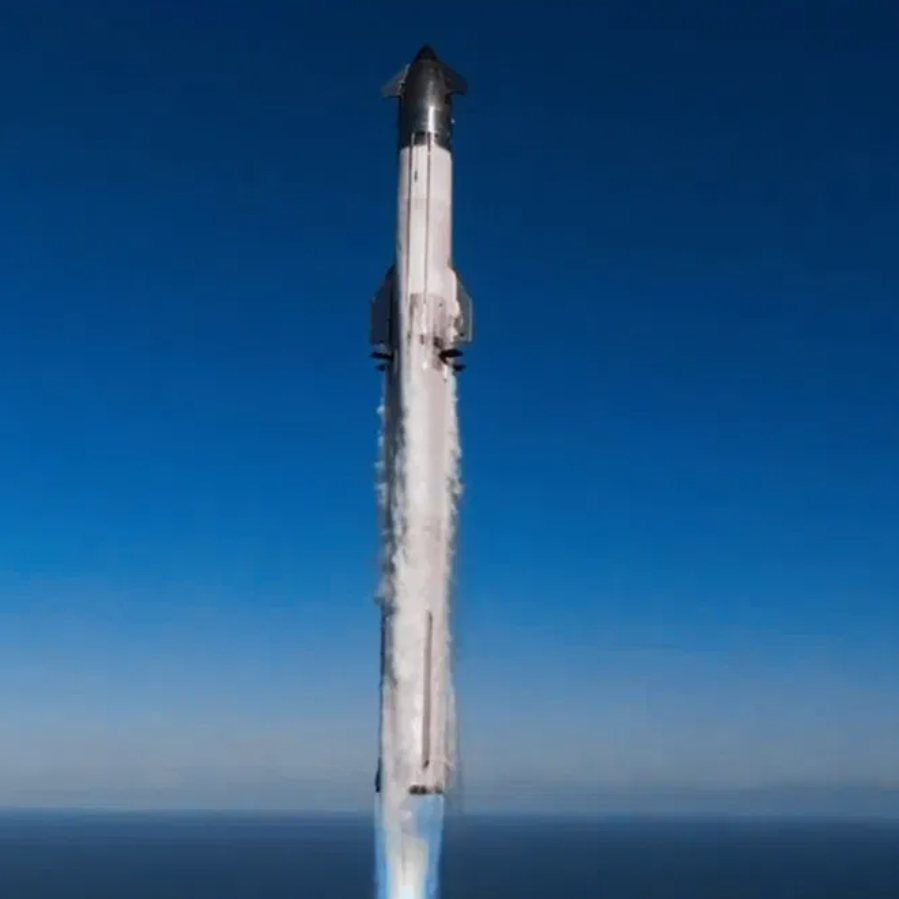
In a bittersweet moment for SpaceX, the company successfully caught the booster of its new Starship rocket, but unfortunately, the rocket itself did not survive its maiden voyage. The highly anticipated launch, which took place on Thursday afternoon from SpaceX’s facility in south Texas, ended in disappointment as the Starship rocket crashed, dealing a significant blow to the company’s ambitious space exploration plans.
The launch, which marked the first flight of the new Starship version in 2025, was intended to test the rocket’s capabilities and push the boundaries of space travel. Despite the successful booster catch, which demonstrated the company’s innovative technology and expertise, the loss of the Starship rocket is a significant setback for SpaceX.
The incident has raised questions about the reliability and safety of the Starship rocket, which is designed to play a critical role in SpaceX’s future missions, including lunar and Mars exploration. The company’s founder, Elon Musk, has been vocal about his ambitions to establish a human settlement on Mars, and the Starship rocket is a crucial component of that plan.
While the exact cause of the crash is still unknown, SpaceX has confirmed that it is investigating the incident and will provide more information in the coming days. The company’s ability to learn from its mistakes and adapt to new challenges will be crucial in overcoming this setback and achieving its long-term goals.
Despite this disappointing outcome, SpaceX remains at the forefront of space exploration and innovation, and its commitment to pushing the boundaries of what is possible will undoubtedly continue to inspire and captivate audiences around the world. As the company regroups and refocuses its efforts, the space community will be watching with bated breath as SpaceX strives to overcome this hurdle and achieve greatness.





